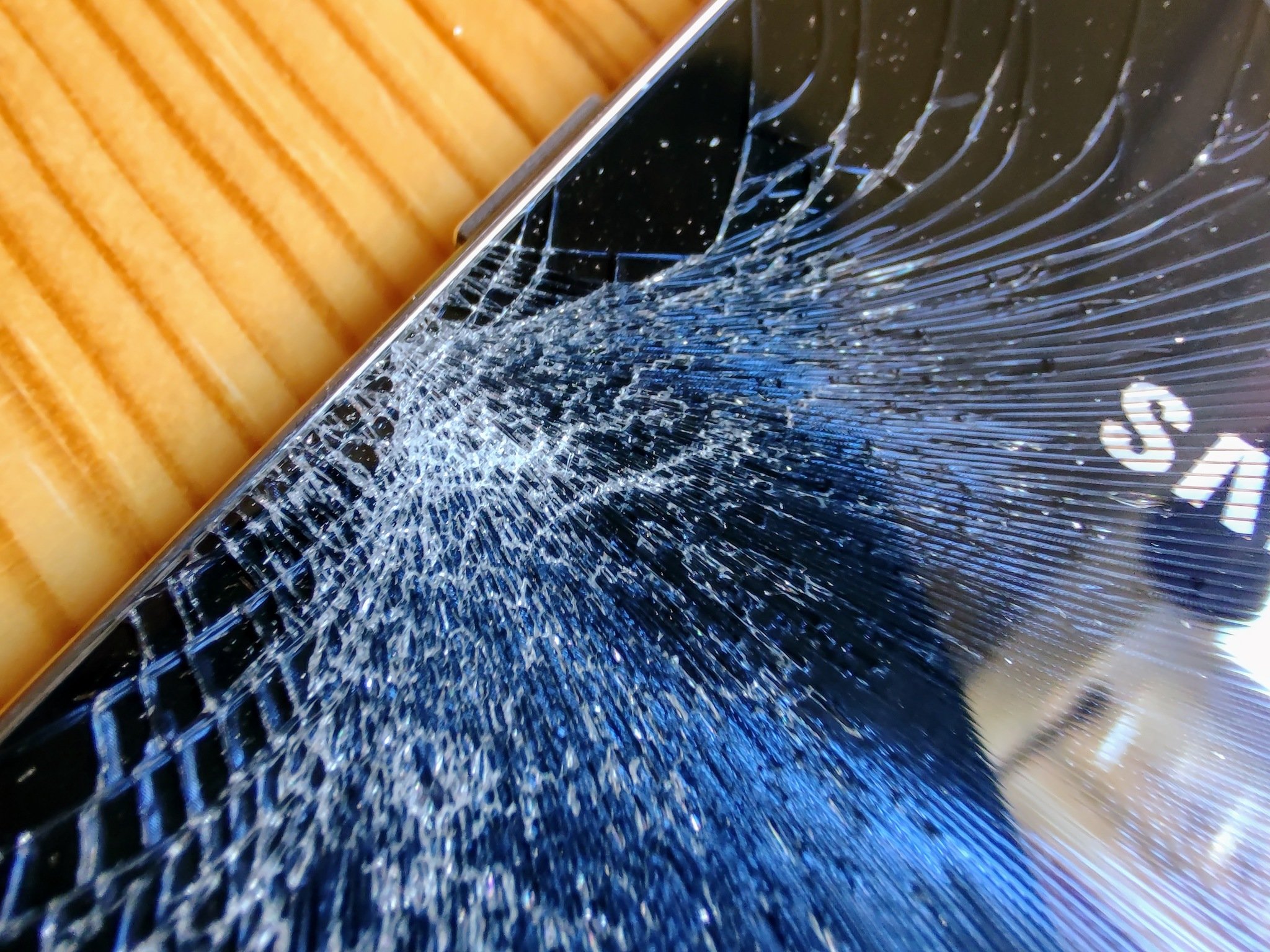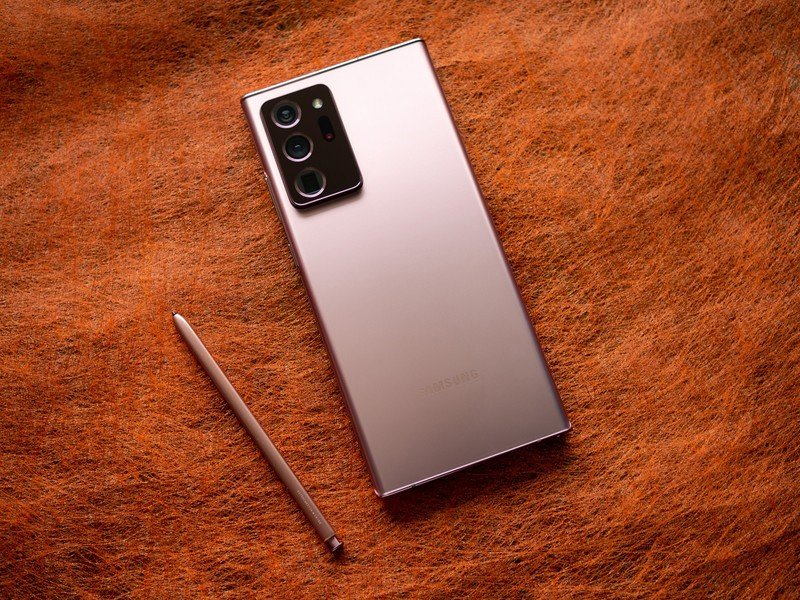The right to repair movement is pushing the government to let us fix our broken things

Everything we own will one day stop working the way we want it to work. That goes for our cars, our appliances, our computers, and our phones, too. But you probably didn't know that some of the repairs that may be needed aren't lawful for you to do if you live in the United States; that's right — anything with its own firmware onboard is covered under the DMCA and is subject to copyright law. The right to repair movement wants to try and fix this.
Software powers everything now, so almost everything is covered under the DMCA.
This goes deeper than you think it does, too. The phone you just bought might have an in-screen fingerprint reader because that's become a thing. What that means is that there is software involved with replacing the display and the whole mess is covered under the DCMA. The same goes for something like your PlayStation or even your tractor if you have one. Almost everything now includes software and that means almost everything is covered by the Digital Millennium Copyright Act — a piece of legislation designed to protect corporate interests at the expense of the consumer.
The specific section of the DMCA that involves repairs is Section 1201, and it's a jumble of legalese that shows how much companies want to control the things you buy, even after you've paid for them. You can read it for yourself right here. The gist of it all is that nobody except the copyright holder is allowed access to copyrighted software, and if someone were to circumnavigate any protections it uses to do something like replacing a part in a phone, in many cases they are breaking the law.

Thankfully, the U.S. Copyright Office Librarian has the ability to apply exemptions to Section 1201 and it's not unheard of to see exemptions regarding repairability. Once every three years, the USCO will consider exemption requests and it so happens that 2020 was one of those years.
The right to repair movement is made of companies and organizations that want better access to the things we buy and regular people like us.
There are several organizations like the EFF (Electronic Frontier Foundation), iFixit, and Public Knowledge who petitioned the USCO Librarian to consider changes to Section 1201 and for further exemptions that would let us fix our stuff. Specifically, the EFF wants to allow an exemption of 1201 protection for every device that uses a software lock. Public Knowledge and iFixit want to see an exemption for circumventing protections to diagnose, maintain, and repair items covered by the DMCA.
This is important because Section 1201 has been used as a shield in some really stupid ways. John Deere makes tractors. Almost everyone in the U.S. knows this. But the company also makes boat engines that are identical to the engines used in some of its tractors. There is an exemption to repair tractor engines, but not boat engines. 3D printer manufacturers have stated that if they were forced to allow the use of non-proprietary filaments in their machines, planes could fall from the sky. Seriously — some aircraft parts are 3D printed and this was their excuse.
Hitting closer to home, Microsoft will no longer let you send an Xbox One in for repairs. But the biggest reason for needing a repair is a problem with the disc drive and nobody can fix them or just swap in a new one because firmware ties the drive to the motherboard. The only way to get an Xbox One with a broken $50 disc drive working again is to buy a motherboard and disc drive combo that sells for a lot more. And yes, Sony does the very same thing.
Get the latest news from Android Central, your trusted companion in the world of Android
Now you probably aren't ever going to tear down something like your smartphone to repair anything and might not care. You should, because these laws affect small businesses that repair things like phones every day, too. You should want someone with the right tools and technical knowledge to be able to fix your broken phone instead of sending it back to the manufacturer and waiting 3-6 weeks to get it returned.
You should also care that your phone would probably continue to function just like it does today for a long, long time if you simply change the battery every 24-36 months. If shops that specialize in electronic repairs are unable to perform them because of strict rules from the government, there likely won't be very many around when you need your battery replaced.
If you care about being able to do what you want with the things you buy, please support changes and exemptions to Section 1201 by contacting your local representative.
The U.S. Copyright Office is expected to make a ruling on these exemption requests by the third quarter of 2021, which is why the exemptions need to be so broad in scope. How many new things will be released between now and September of 2021? A lot and none of them would be covered if exemption requests were narrowed down.
Every piece of legislation exists for a reason and worries of software piracy go hand-in-hand with movie and music piracy. According to proponents of the DMCA, you downloading your favorite song "for free" may not hurt anyone but a group that redistributes it to millions does make a difference. It's OK for there to be some sort of law governing this sort of thing. But when that legislation is driven by and designed to protect corporate interests above all else, it's broken. You can express your concern about Section 1201 and how it hampers the right to repair by contacting your representative in Washington.

Jerry is an amateur woodworker and struggling shade tree mechanic. There's nothing he can't take apart, but many things he can't reassemble. You'll find him writing and speaking his loud opinion on Android Central and occasionally on Threads.
